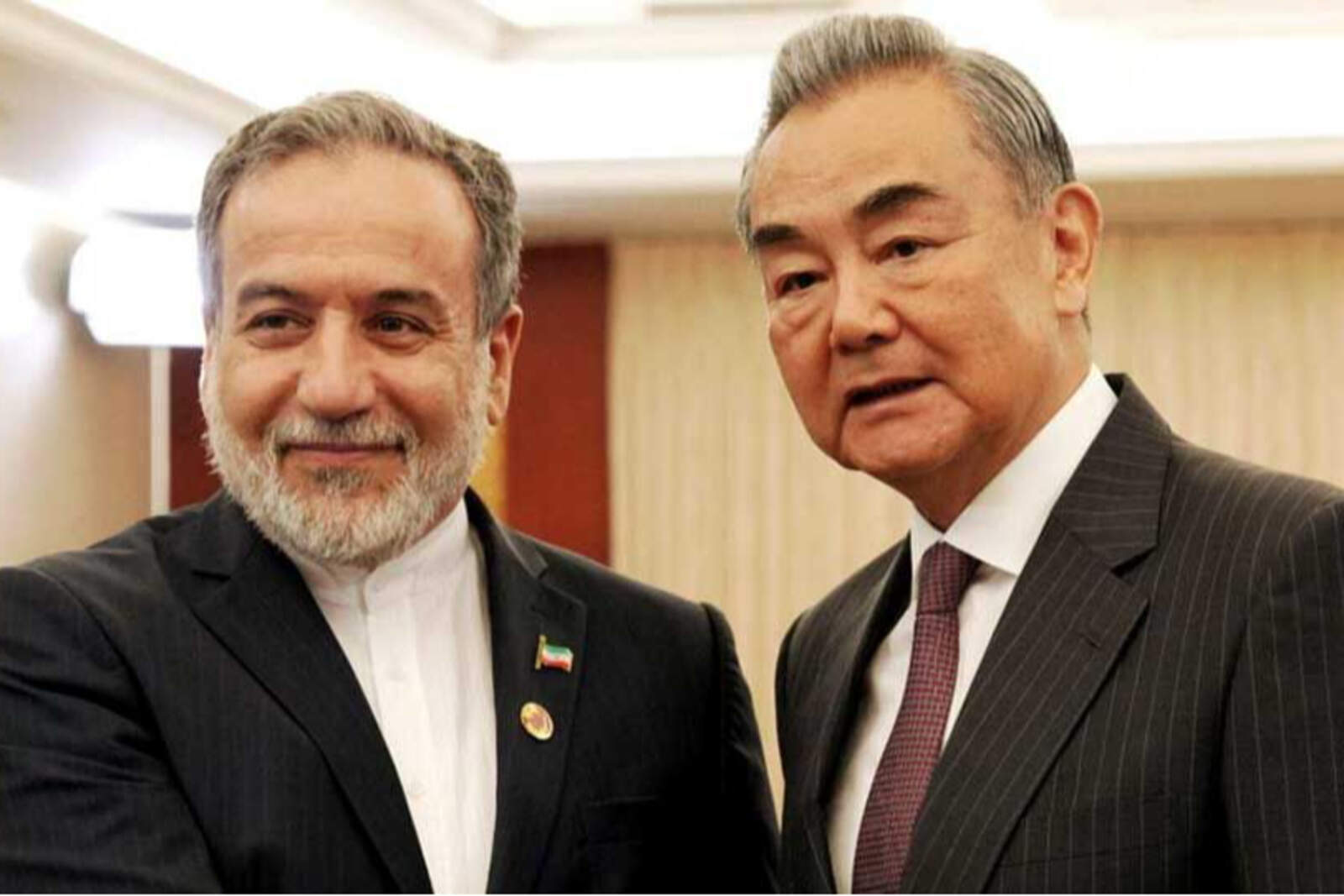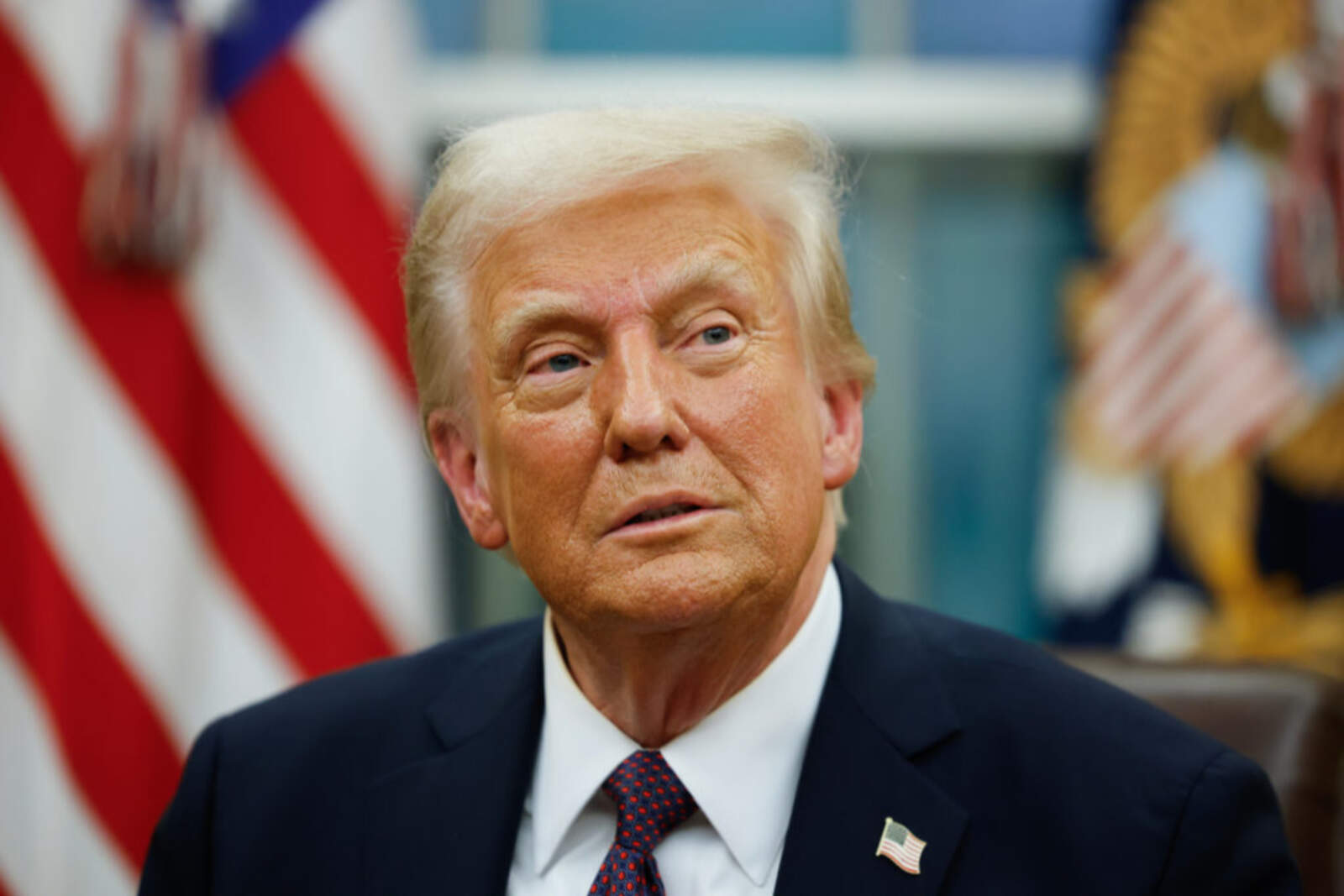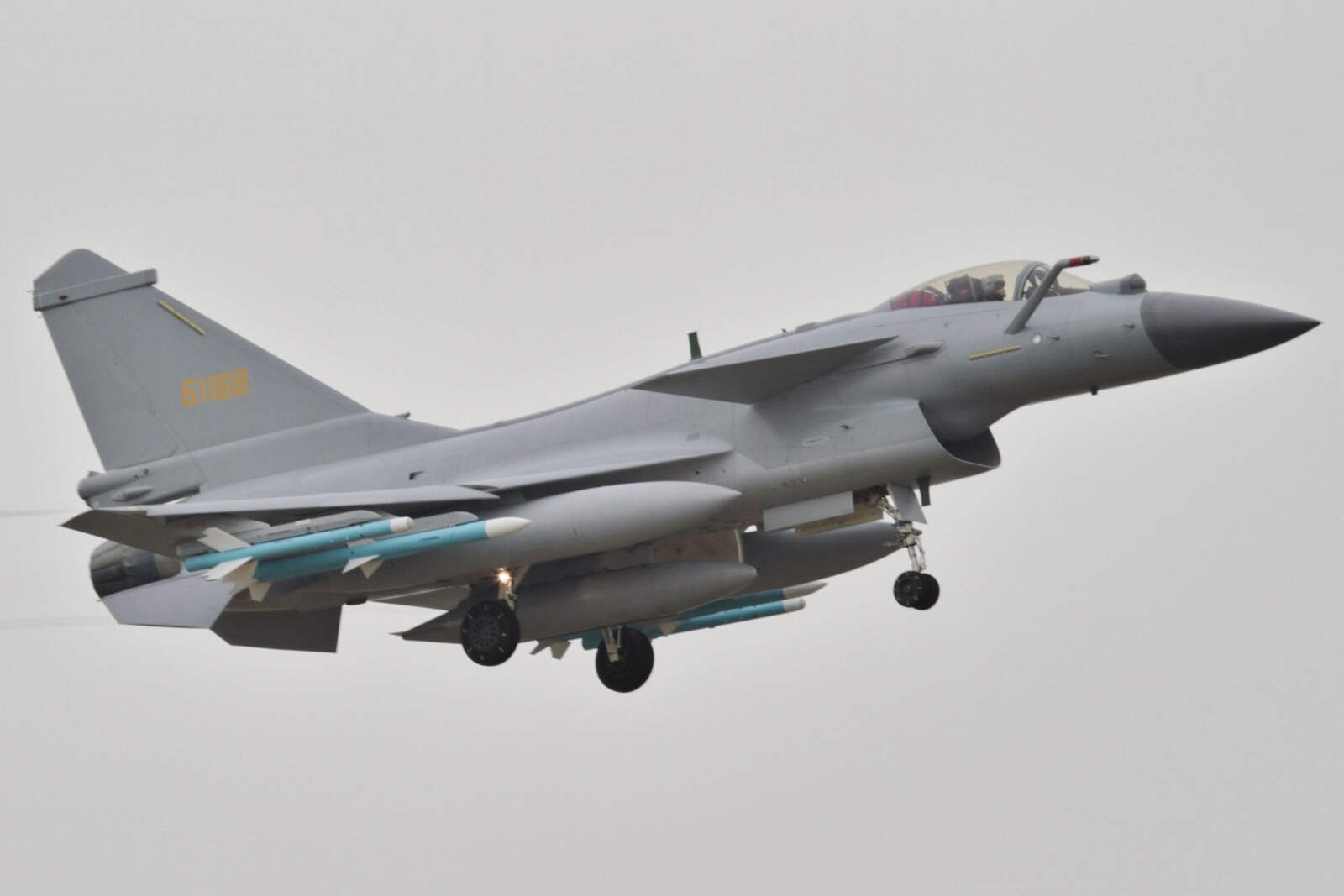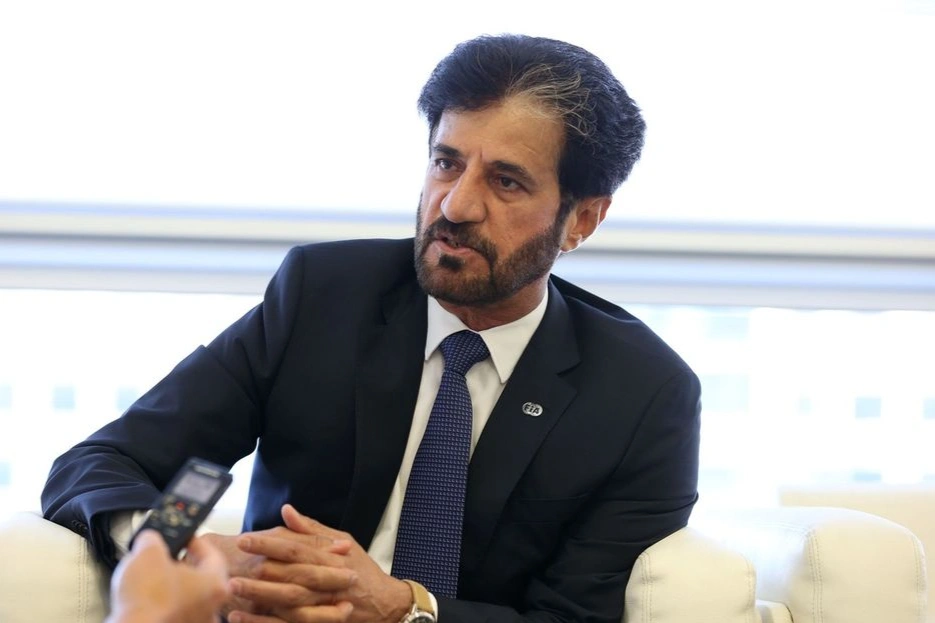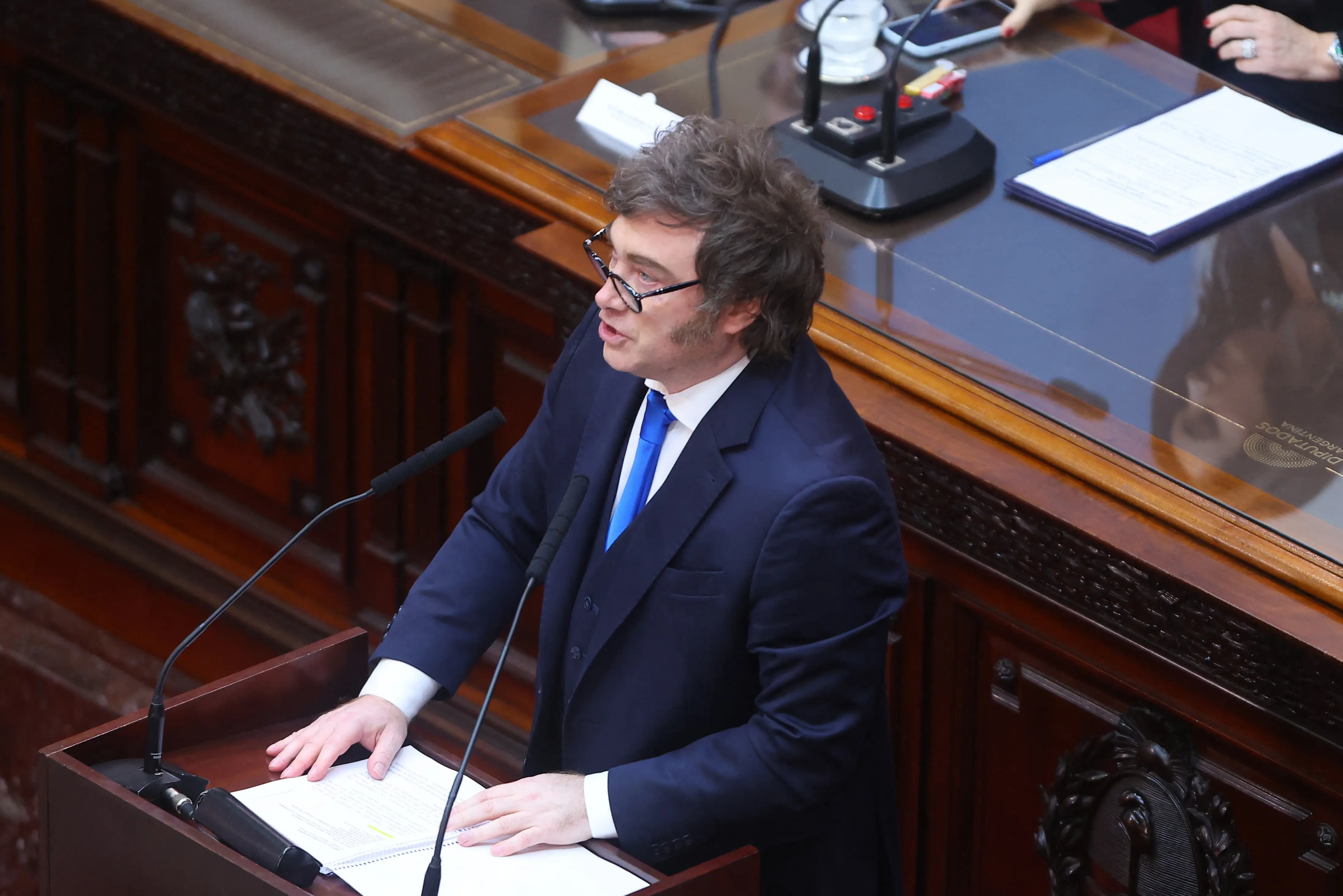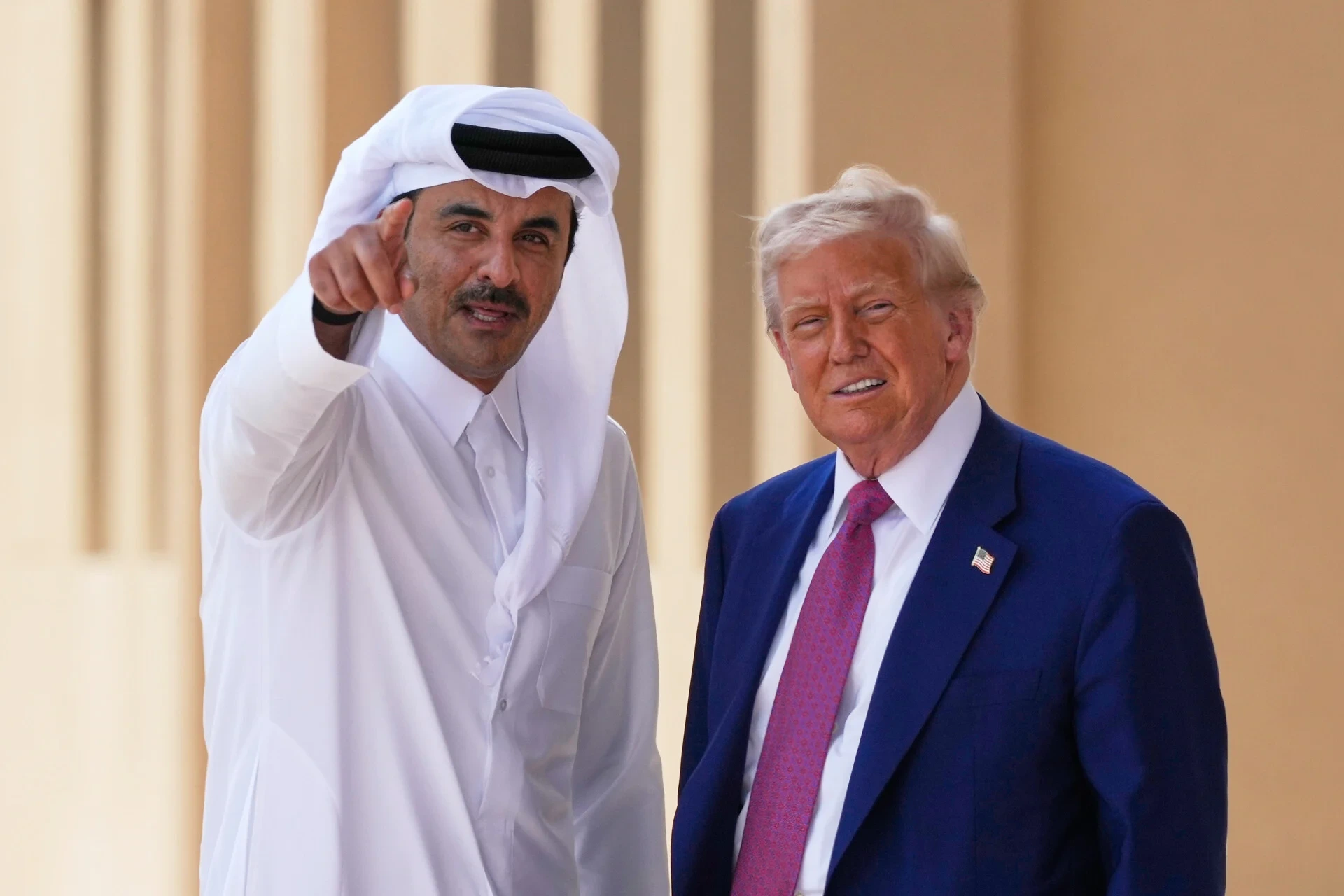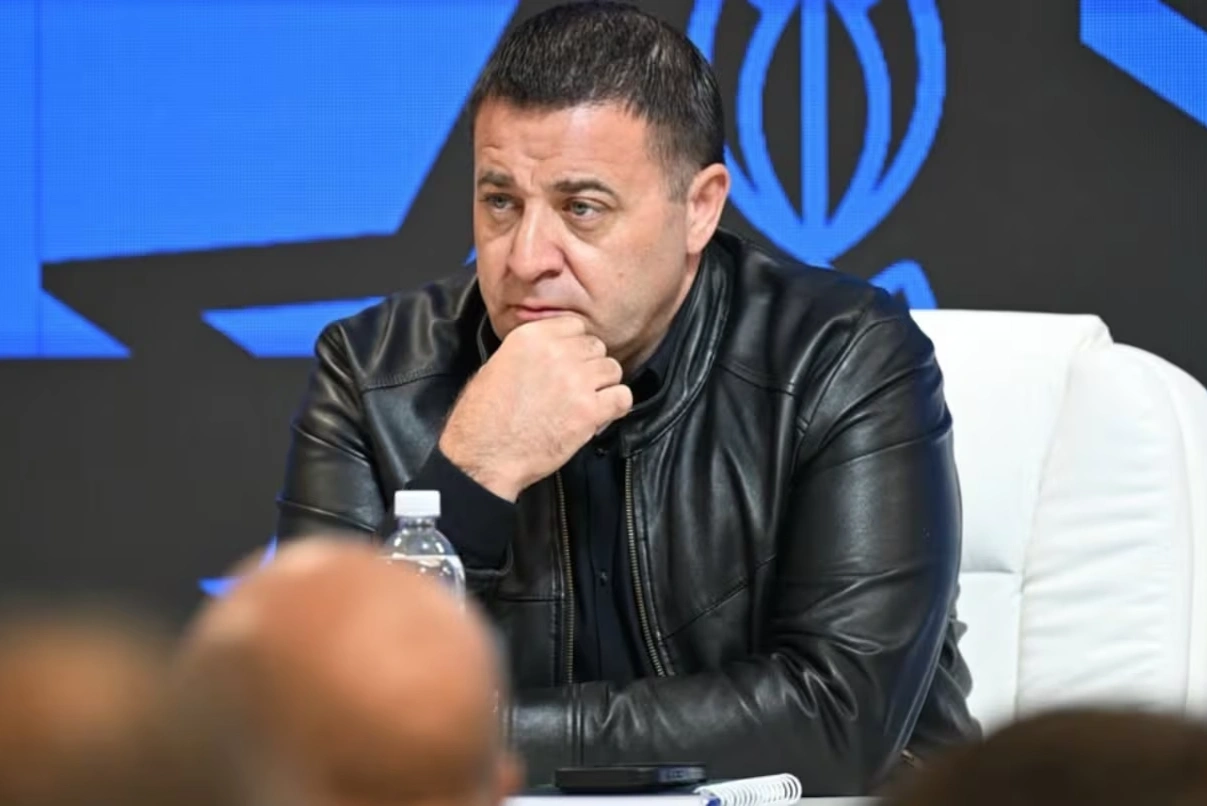China has reaffirmed its support for Iran in the face of what it calls "intimidation" from the international community, in a gesture that reflects Beijing's growing role in the Middle East and its interest in consolidating its influence in a region that is key to global security and energy supply.
Chinese Foreign Minister Wang Yi expressed this support during a meeting with his Iranian counterpart, Abbas Araghchi, in the city of Tianjin, on the sidelines of the meeting of the Council of Foreign Ministers of the Shanghai Cooperation Organization (SCO), a regional body that also includes Russia.
During the meeting, Wang emphasized China's commitment to defending Iranian sovereignty and its national dignity, criticizing "power and intimidation" policies without directly mentioning the United States or Israel, although the reference is clear after the recent Israeli and U.S. attacks on Iranian nuclear facilities. Beijing also condemned these attacks and offered itself as a mediator to restore peace in the region.
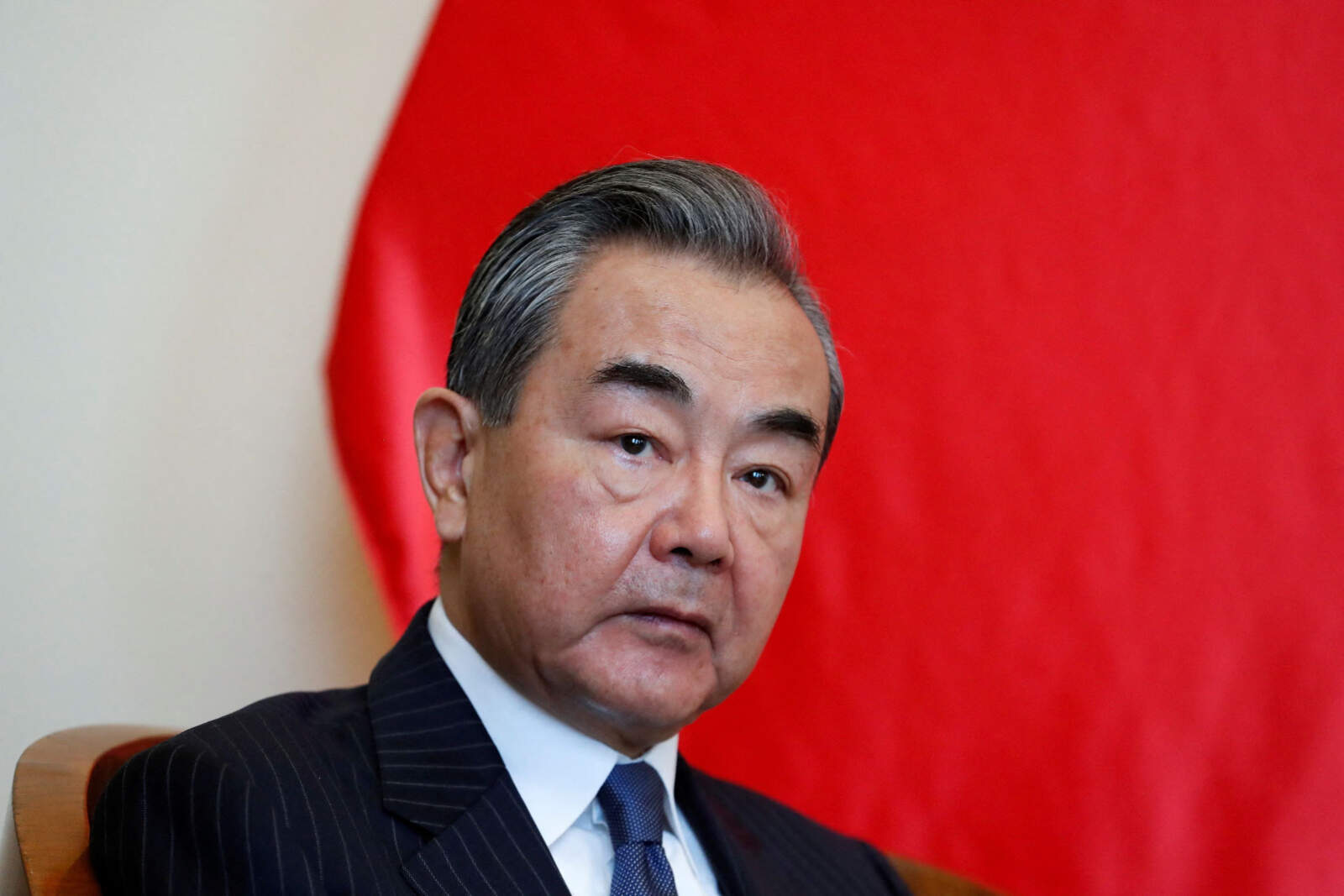
The Chinese foreign minister stated that "China will continue to support Iran in defending its national sovereignty and dignity, resisting power politics and harassment, and defending its legitimate rights through political negotiation." Wang highlighted that his country deeply values Iran's commitment not to develop nuclear weapons and respects its right to the peaceful use of nuclear energy.
In response, Araghchi reiterated that Iran doesn't seek to develop nuclear weapons, but refuses to give up its right to the peaceful use of nuclear energy. He stated that his country is willing to resume negotiations on the nuclear program "on the basis of equality and respect," after five rounds of dialogue with the United States before the recent attacks.
Chinese support comes in a context in which Iran is trying to strengthen its international backing amid growing tensions with the United States and Israel.
U.S. President Donald Trump stated that he was in no hurry to resume negotiations with Iran after having annihilated its nuclear facilities through attacks, according to his own words.

